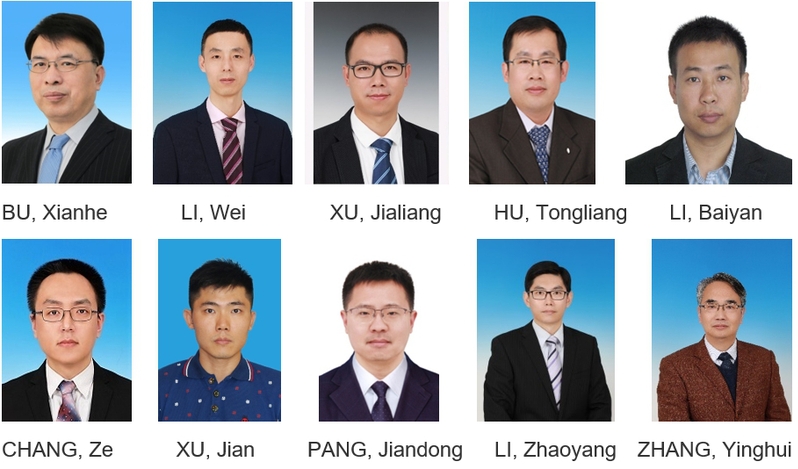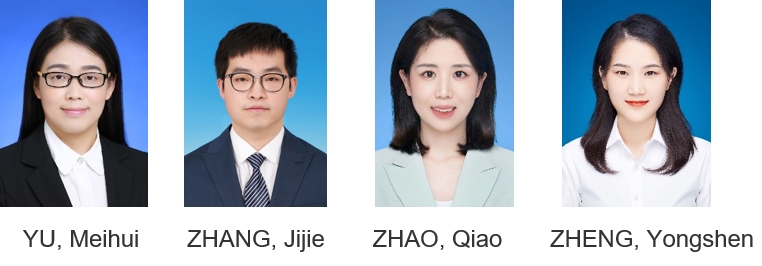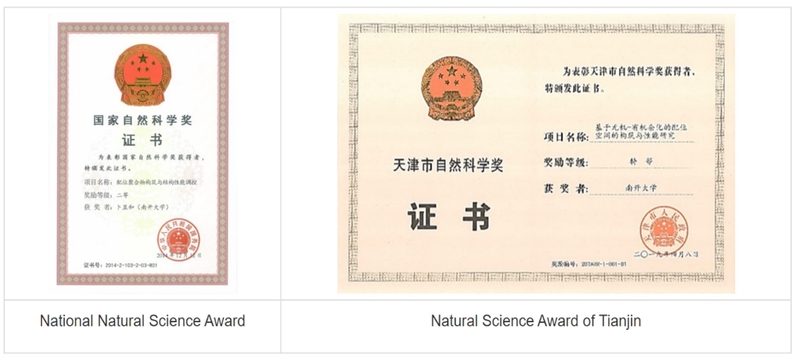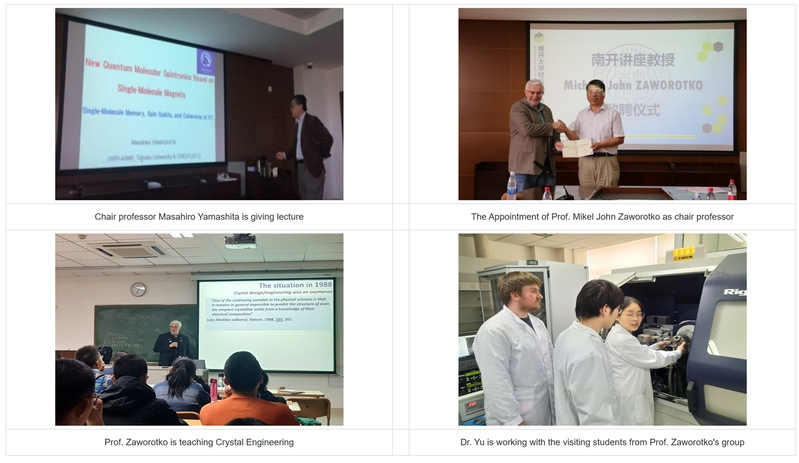Overview:
Research Center for Optical, Electrical, and Magnetic Materials focuses on the investigation of functional inorganic-organic hybrid materials featuring distinctive properties and potential applications in storage and separation, optical devices, magnetism and so on. Under the leadership of Prof. Xian-He Bu, who is an expert in inorganic-organic hybrid materials and winner of National Natural Science Awards, the researchers in this center have explored many important aspects in this hot field. Their unique advantages and features are the functional targeted design and controllable self-assembly of crystalline materials based on their holistic understanding of the correlation between material properties and their components and structures. Accordingly, effective strategies have been developed, and attractive achievements have been obtained in the aspect of structure flexibility and dynamic behaviors of coordination polymers, crystalline materials for photoelectric devices, spin-crossover magnets, and advanced energy storage materials.
Team Members:


Features and Achievements of the Center:
In addition to the well-developed testing centers of the collage, the center is also equipped with advanced instruments and facilities for research. Since founded at 2015, these researchers in this center have published more than 250 papers in many famous academic journals, such as Nat. Commun., J. Am. Chem. Soc., Angew. Chem. Int. Ed., Adv. Mater., Chem. Mater., Chem. Commun., J. Mater. Chem. , and so on. Remarkably, part of these achievements has contributed to the wining of National Natural Science Award (Second prize, 2014) and the Natural Science Award of Tianjin (Grand prize, 2018).

Academic Activities:
The Tianjin Key Laboratory of Metal and Molecule-Based Material Chemistry, with Prof. Bu as director, has provided a solid foundation of the center for cooperation. The center also has extensive cooperation with international peers to promote their research based on the support of 111 project.

